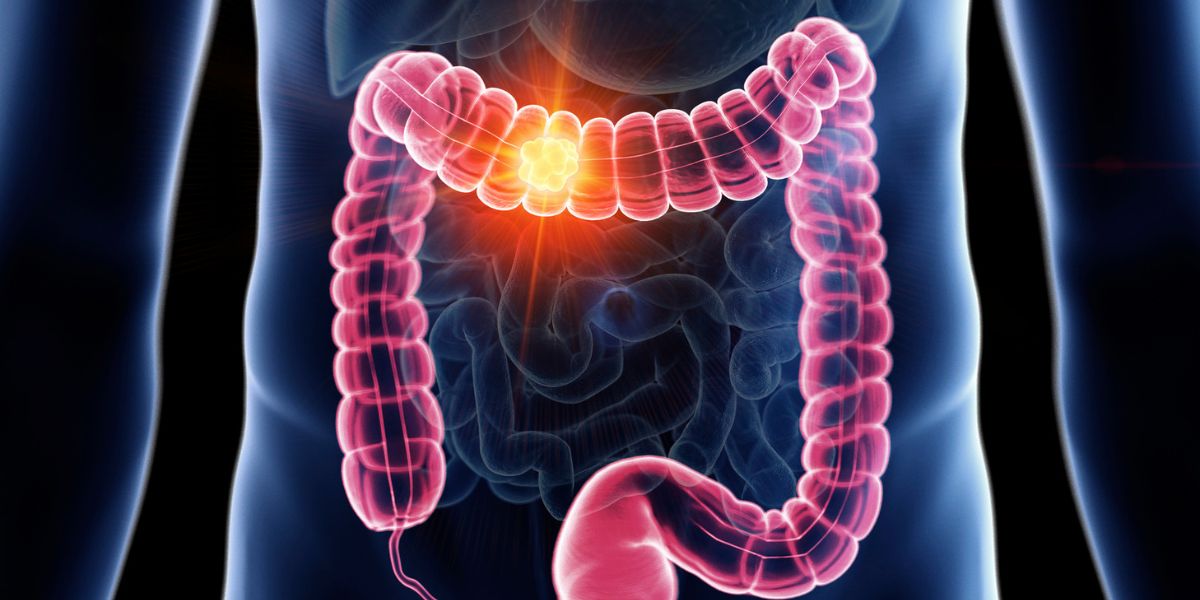The colon forms the last main part of the digestive system, which breaks down material through bacterial action and absorbs any last undigested nutrients before passed out the body as waste.
As with many organs, the functioning of the colon can become affected if diabetes is not so well controlled.
What is the colon?
The colon, or large intestine, is a tube that is wider but not as long as the small intestine
The segmented appearance of the colon is provided by the haustra which provide pockets that can contract to move the digested food through.
Role of the colon
A key role of the colon is to absorb water and salt from the remains of the digested food.
The colon is also home to a variety of bacteria, referred to as gut flora, which are able to break down undigested carbohydrates , fats and protein for absorption. Different parts of the colon have different types of active gut flora to break down these different macronutrients.
Diabetes and the colon
Autonomic neuropathy , as a result of high blood glucose levels over a number of years, is one potential cause of disturbed bowel movements leading to diarrhoea or constipation.
Other factors may include diet, a gastrointestinal virus or the presence of another disorder such as irritable bowel syndrome (IBS).
- Treatments for constipation include dietary changes or laxatives
- Treatments for diarrhoea include loperamide, an antidiarrhoeal medication
Colon cancer
Colon cancer is the result of an uncontrolled growth of cells in the lining of the colon. People with type 2 diabetes have an increased risk of developing colon cancer, with the risk rising to as much as 40% higher than people without diabetes.
- Read more about colon cancer




